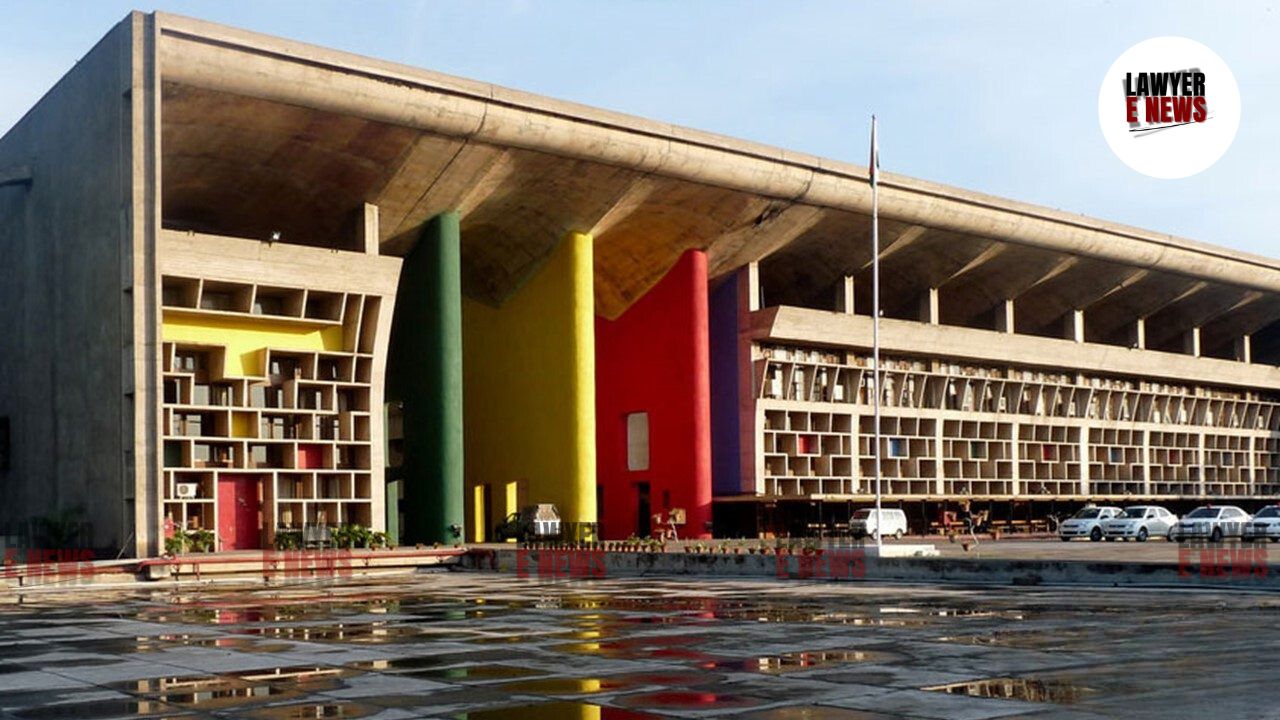-
by sayum
14 February 2026 2:22 PM



Punjab and Haryana High Court upheld the conviction of Satnam Singh and Balwinder Singh while maintaining acquittals of eight others in the 1998 conspiracy to break out of Model Jail, Burail. The case stemmed from a purported plot to free high-profile prisoners Jagtar Singh Hawara and Jagtar Singh @ Tara, convicted for the assassination of Punjab Chief Minister Beant Singh.
The prosecution alleged a conspiracy led by Jagtar Singh Hawara to escape from custody by detonating explosives at Model Jail, Burail. Satnam Singh, one of the convicts, allegedly used a false identity to gain access to the prison multiple times to deliver explosive substances disguised as sweets. The conspiracy purportedly involved several accused, including jail officials and others, who allegedly facilitated or funded the jailbreak attempt.
The High Court identified inconsistencies in the prosecution’s evidence, specifically regarding witness testimonies that weakened claims of a collective conspiracy. Key witnesses turned hostile, and the evidence linking the accused to direct involvement in the conspiracy was insufficient. Testimonies by prosecution witnesses regarding alleged overheard conversations and other incriminating details failed to hold under cross-examination. Consequently, the court ruled that the prosecution could not establish a robust conspiracy to smuggle explosives into the jail and aid Hawara's escape.
The defense raised discrepancies over the date of Satnam Singh’s arrest and the timing of the explosive material’s recovery, which purportedly took place on June 11, 1998. Defense witnesses, including police officers, testified that Satnam Singh was actually arrested on June 8, 1998. The High Court found that this discrepancy cast substantial doubt on the prosecution’s claims regarding both the arrest and the explosive recovery. As a result, the benefit of doubt was extended to the accused.
The CFSL report indicated the presence of Pentaerythritol Tetranitrate (PETN), a powerful explosive, in the seized material. However, procedural irregularities in handling the samples and obtaining Satnam Singh’s disclosure statement further weakened the prosecution's case. The Court, referencing established precedents on the reliability of disclosure statements under police custody, determined that the defense had sufficiently challenged the disclosure’s credibility due to alleged manipulation.
Specific Acquittals and Rationales
Baljit Singh Khalsa – Alleged recipient of funds to facilitate the conspiracy. The sole witness, Nawab Ali, turned hostile, nullifying Baljit’s involvement.
Jaspal Singh Dhillon – Accused of funding RDX procurement, but testimony from witness Jasmer Singh was declared unreliable due to inconsistencies.
S.P. Mishra and Jaswinder Singh – Jail officials accused of misusing influence to assist in the conspiracy. Witnesses did not substantiate the charges, leading to their acquittal.
Jaswant Singh and Daljit Singh Rajput – Alleged to have arranged cellular phones for the accused inside the jail, but no incriminating mobile devices were recovered.
The Court upheld the lower court's selective conviction of Satnam Singh and Balwinder Singh for charges under Sections 419, 468, and 471 of the IPC, which pertain to forgery and cheating, due to substantial evidence of their use of false identities. However, the court dismissed the appeal by U.T. Chandigarh seeking to convict all accused, maintaining the acquittals due to lack of evidence on conspiracy charges.
The High Court dismissed both appeals, upholding the convictions of Satnam Singh and Balwinder Singh and affirming the acquittals of other accused. The court’s decision reinforces stringent standards for evidence in criminal conspiracy cases, particularly those involving high-security threats.
Date of Decision: October 28, 2024
